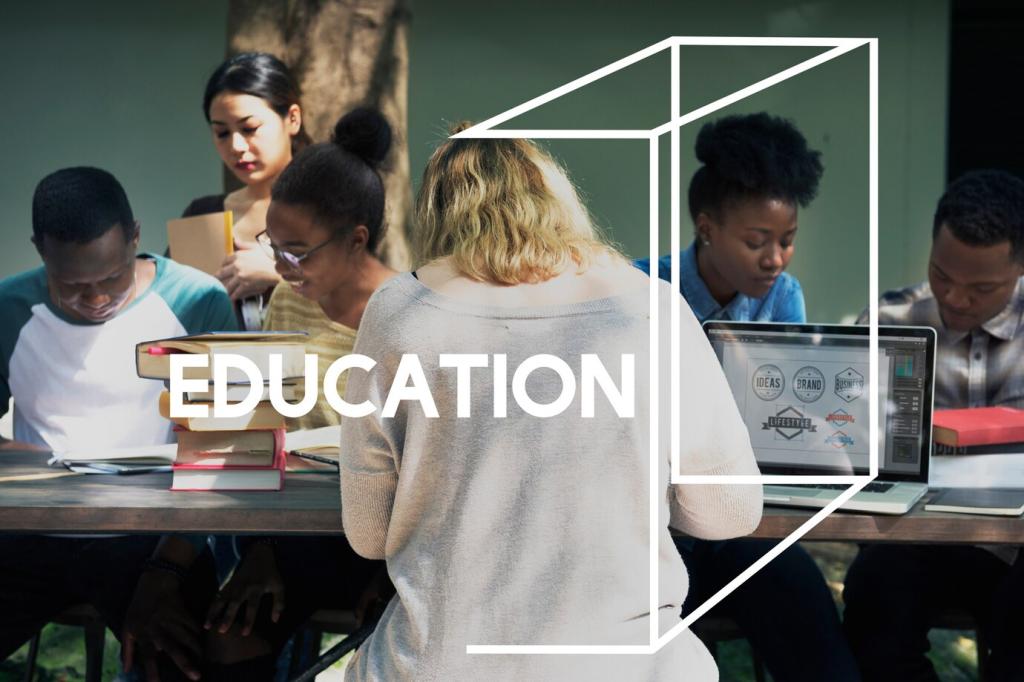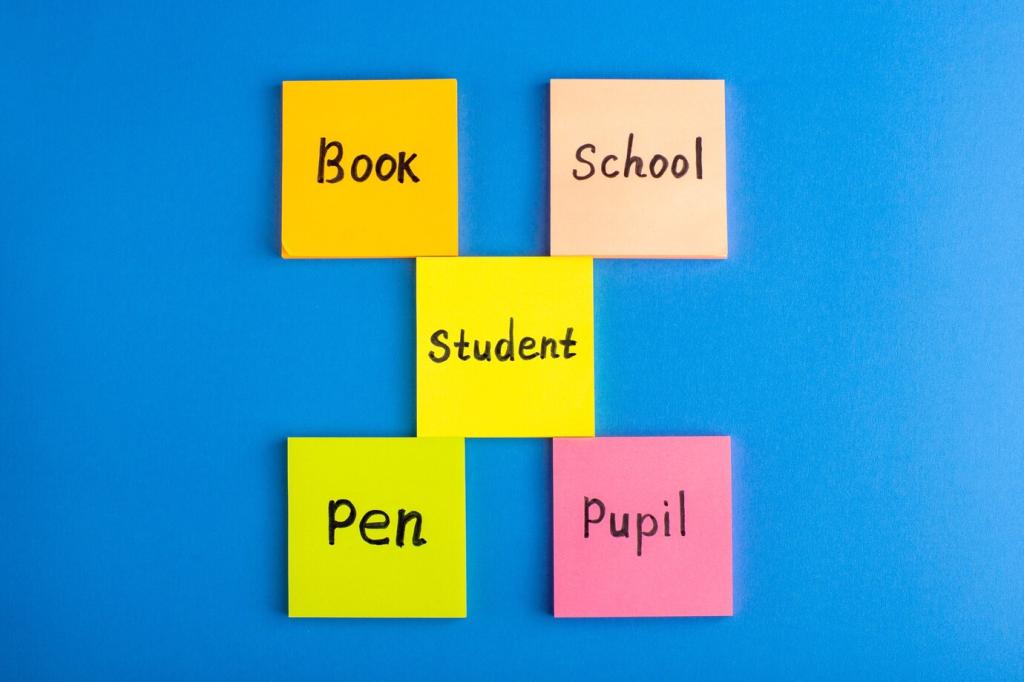Formative vs. Summative—Working in Harmony
Simple prompts like “Use the past tense to describe your afternoon in two sentences” yield immediate, targeted data. Patterns reveal themselves quickly, helping you reteach tomorrow with precision rather than guesswork.
Formative vs. Summative—Working in Harmony
Ungraded mini-dialogues and vocabulary games reduce pressure while surfacing misconceptions. Mei’s weekly voice notes, for example, showed steady improvements in intonation, shaping short interventions that mattered more than a single big test.



